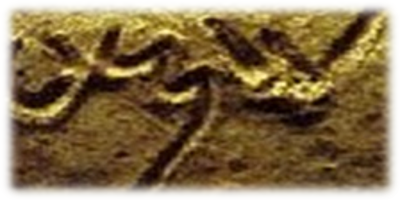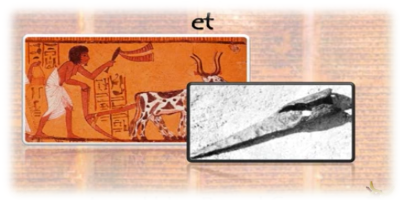Should the beginning phrase of Psalm 2:12 be translated as "embrace purity," such as is found in Jewish translations, or "Kiss the son," such as is found in Christian translations?
The phrase in Hebrew is nashku var (The word var is actually the word bar but because it is preceded by a vowel it takes the spirant sound "v" instead). The word nashku is from the root N-SH-K (Strong's #5401), which means "kiss". The u at the end of the word is the masculine plural imperative. When the author uses the word nashku he is telling a group of people to "Kiss ..." The second word is bar (Strong's #1249, 1250, 1252, 1253) and this word can have several meanings in Hebrew including "grain", "clean" or "pure". When combined, these two Hebrew words can mean "kiss grain" or "kiss purity" with the second possibility being more in context with the verse.
But, there is also the Aramaic word bar (Strong's # 1247, 1248, 1251), which can mean "son" or "field". We now have the possible translation "Kiss the son", or do we? The question is, "Is the word bar in Psalm 2:12 a Hebrew or Aramaic word? All of the Psalms are written in Hebrew, though there are a few Aramaic words scattered through them. So, is this a case of an Aramaic word being used in this Hebrew Psalm?
The Hebrew word for "son" is ben (Strong's # 1121) and this word is even used in this Psalm (verse 7). We see the author of Psalms 2 using the Hebrew word ben for son and it would not make sense that he would change to Aramaic later in the psalm. Therefore it makes sense that he was using the Hebrew word "bar" meaning "purity," not the Aramaic word meaning "son".
There is another aspect of the Aramaic word bar that is often overlooked. Technically, the Aramaic word for son is ben (the same as Hebrew, Strong's #1123). The word bar does not mean "son," but is the construct form (son of…) of the word ben. For example, in Hebrew, the phrase ben avraham means "son OF Abraham." But in Aramaic this phrase would be bar avraham and means "son OF Abraham." The common phrase "bar mitzvah" is actually Aramaic, not Hebrew, and means "son OF commandments". So, in Hebrew and Aramaic the phrase "Kiss the son" would be written as nashqu ben not nashqu var.
The Aramaic word bar is used in Proverbs 31:2; "What, my son? and what, O son of my womb? And what, O son of my vows?" But again, in each case, the word bar is used in the construct state - son OF…" (The translation "my son" at the beginning of the verse is a little misleading as the literal translation would be "son OF me").
In conclusion, it is my opinion that the phrase nashqu bar should be translated as "kiss purity" rather than "kiss the son" for the following reasons.
- The grammatical use of the word bar requires it to be used in the construct state "son of..." and not as a standalone word for "son".
- The Aramaic word for "son" when not in the construct state is the word ben and would have been used here if that was the author's intended meaning.
- The Hebrew word for "son", ben, is used in this same Psalm indicating that the author would have used the word ben instead of bar if he had meant "son".
Like what you’re discovering? Continue the journey from Bible reader to translator.
|






